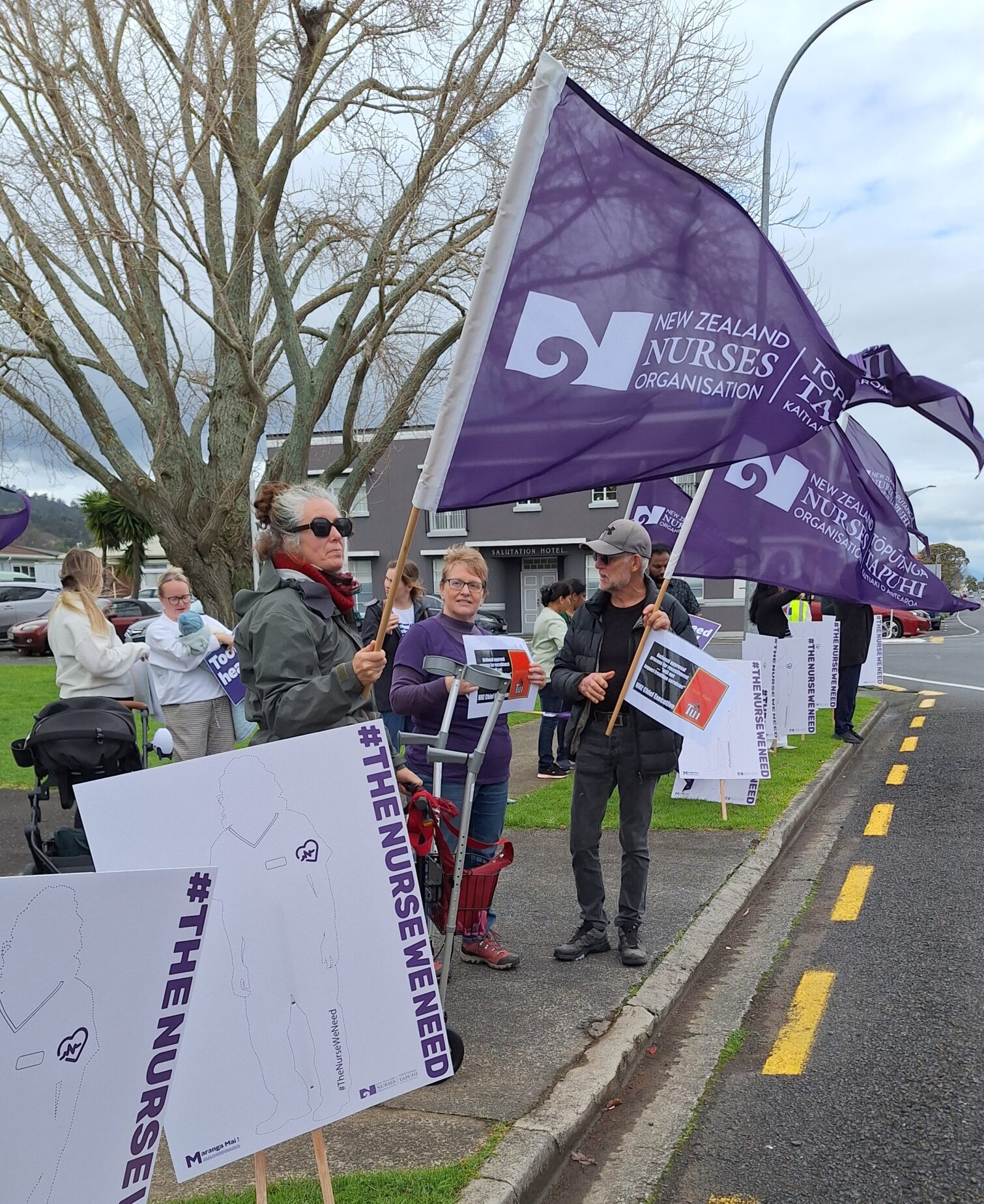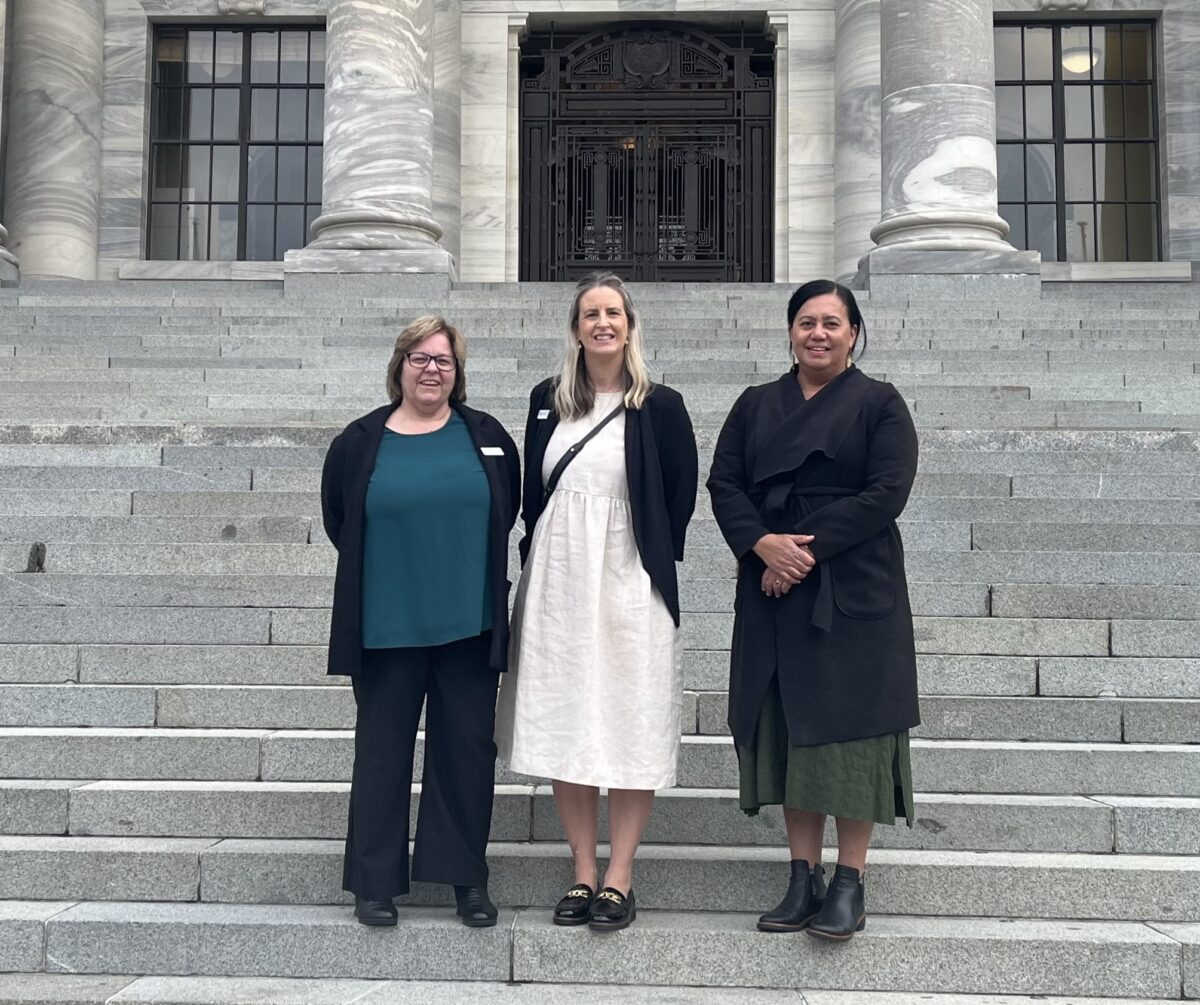Emergency nurses ‘critical and highly valued’ — Minister of Health responds:
Minister of Health Shane Reti says ED nurses are “a critical and highly valued part of our health workforce” and he wanted them to feel safe in their workplace.
“Patients and staff should feel safe and secure in our emergency departments, which is why I committed $31 million through Budget 2024 to expand emergency department security.”
That would fund an extra 44 full-time security staff at eight high-risk EDs, as well as security training and support staff, ensuring “most Health New Zealand districts have a dedicated resource to train and support security staff and clinical leads”.
Reti did not say whether he would provide further resourcing to EDs to meet the six-hour targets. But he said there were more nurses employed by hospitals than ever before, with 29,404 full time equivalent nurses employed by Health New Zealand across the country — an overall increase of 2900 over the last year.
- This meeting between CENNZ and the Minister of Health Shane Reti took place on May 23, prior to Budget 2024 and the Government’s policy statement on health. Since then, there has been new targets announced for shorter mental health-related stays in ED and $30.85 million over four years to increase ED security. However there have also been rallies by ED nurses such as those at Thames Hospital over constant understaffing and unsafe workloads.
The invitation came after the college of emergency nurses NZ (CENNZ) penned a letter to the minister in April that highlighted our concerns about the shorter new waiting time targets for emergency departments (EDs).
Announcing a suite of health targets, Reti and Prime Minister Christopher Luxon said in May that they wanted to see 95 per cent of ED patients admitted, discharged or transferred within six hours. Currently, only 60 per cent of patients fall within that target.
‘In our letter, we expressed concern that EDs were not resourced enough to meet the new targets.’
In our letter, we expressed concern that EDs were not resourced enough to meet the new targets. In the past, when the same targets were in place under the previous National-led Government, considerable gaming took place to try and meet them — such as admitting ED patients to short-stay or observation units.
CENNZ members who attended the May 23 meeting were Lauren Miller (Taranaki regional rep and CENNZ chair), Natasha Kemp (Te Rūnanga and Pae Ora rep) and Lyn Logan (Midlands/Bay of Plenty rep in charge of membership/awards). Our NZNO professional nursing advisor Suzanne Rolls joined us online.
The meeting focused on the following points:
- The current state of EDs and the implications for emergency nursing.
- The reality of ED nursing in New Zealand
- Staffing and workforce
- Violence and aggression
- Targets for shorter stays in EDs of less than six hours.
- What data is being reported?
- Acute patient flow and wider hospital approach to the target
- Health equity in ED.
- What assurances of actual measures to support Māori will be offered?
- Strategies to address disparities in access to emergency care services, particularly in rural or remote areas of New Zealand.
The minister was very welcoming and acknowledged the challenges that we face everyday in EDs.
Reti agreed that the demands on EDs are significant — and that we are a barometer for the wider health sector. He acknowledged the challenges of overcrowding, ramping (the time ambulance crews have to wait for patients to be admitted), excessive wait times and treatment in corridors are the daily reality for ED registered nurses (RNs), and this was not okay, he said.
We also discussed the need to ensure the ongoing safety of patients and staff. We told him we would like to embed 24-hour security, seven days a week, in every ED across Aotearoa. The minister also agreed with us that security staff need to be specifically trained for emergency departments to ensure the safety of our patients and staff.
Shorter stay ED targets
We also discussed the shorter, six-hour target for stays in the emergency department that has been reinstated under this National-led Government.
Reti detailed to us the process for the verification of data on ED stays once it is received by his office and said he had a new team working on it.
‘As it stands, we feel there are no plans and support for EDs to be able to realistically achieve this target.’

However, we shared our concerns that the data was being collected differently across departments — an issue he expressed interest in. As a college of emergency RNs that work in EDs, we are aware of many differences in how this data is collected — and how much is skewed. This is especially the case when many patients are left stranded in areas that are not wards, such as ED observation units, short stay units, assessment units and so on.
We suggested some clearer parameters for the collection of the data and also highlighted that CENNZ would be happy to be consulted on any target-related work — as we have concerns that nursing work is not being fully captured.
We agreed with the minister that the ED target should be used as a measure of how the whole system is performing (not just EDs). So, for the target to be successful, there needs to be appropriate action right across health services and the data should be open and transparent.
However, as it stands, we feel there are no plans and support for EDs to be able to realistically achieve this target.
Māori nurses
In regards to workforce planning, we discussed the Māori nurse workforce in ED — about seven per cent — and our hopes to target recruitment to match the population — about 17 per cent.
We also said there was a need to support the significant influx of internationally qualified nurses (IQNs) to integrate into the New Zealand health system.
However, the minister was unable to commit resources for this, or suggest how to resource safe staffing levels as calculated by safe staffing tool CCDM (care capacity demand management). He stated there was already an overspend of the health operational budget.
Overall, while there was no immediate response to our concerns, we felt that the minister understood and respected our role and shared our concerns as emergency RNs. The opportunity to share the unfiltered reality of our experiences directly with Dr Reti was a worthwhile and important opportunity for us as a college.
— Lauren Miller is chair of CENNZ. Co-editor Mary Longmore also edited this.



